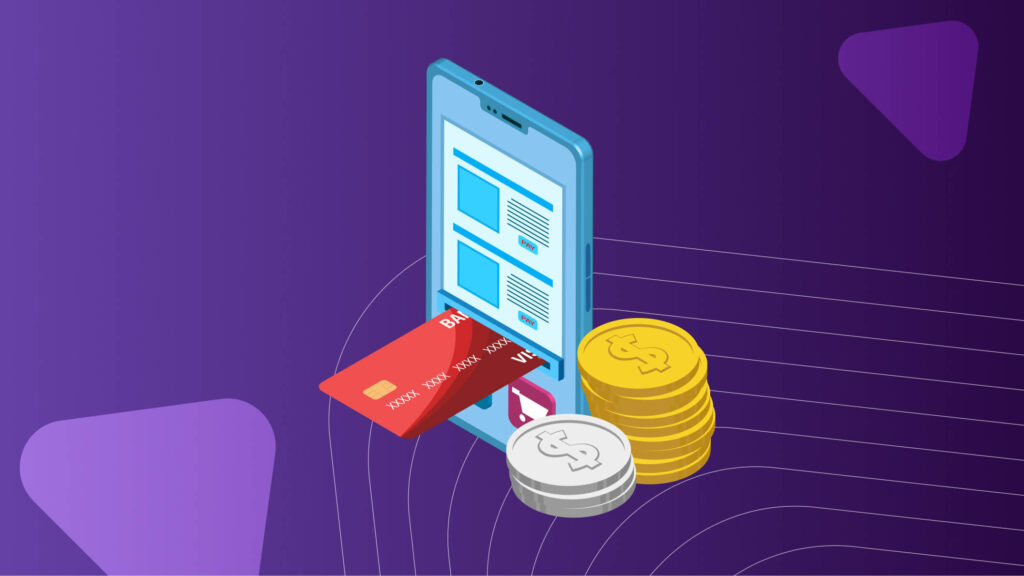What is a Payment Card Processor
A card payment processor is an integral part of the modern financial ecosystem, acting as a link between banks and businesses that accept credit and debit card payments. It processes transactional data between the consumer and the organisation, ensuring secure and speedy payments. It is important to realise that a payment processor interacts with various financial institutions by providing access to international payment systems such as Visa, MasterCard and others.
Role and functions of a payment processor
The main task of a card processor is to ensure the correctness and speed of financial data transfer between all participants of a transaction. Let’s analyse the key stages of such a service:
- Data transfer. When a customer makes a purchase, whether online or offline, he enters his bank card details. This data is sent to the payment gateway, from where it goes to the payment processor.
- Verification and authorisation. After receiving the information, the payment processor contacts the card network (e.g. Visa or MasterCard) to verify the availability of funds in the customer's account. If the verification is successful, the issuing bank confirms that the transaction can proceed.
- Transaction Approval. Upon receiving a positive response from the issuing bank, the card network notifies the payment processor that the transaction has been approved. This information is then returned to the payment gateway and from there to the merchant.
- Funds Transfer. Funds are debited from the buyer's account and transferred to the seller's current account, having previously passed through intermediate stages of storage on a special account.
Thus, online credit card payment system helps to carry out cashless settlements in automatic mode, reducing the time of operations and increasing the level of trust among the participants of transactions.

Important aspects of choosing a payment processor
When choosing card solutions, it is worth paying attention to several key points:
- Commission rates. Different services offer different terms of co-operation, including fixed and variable commissions for each transaction. It is important to compare these parameters with the planned turnover of the company.
- Tariffs and additional services. Some processors charge for the use of equipment (POS-terminals), server rentals and other related services. It is worthwhile to familiarise yourself with the full list of services and commissions in advance.
- Integrations and compatibility. It is necessary to make sure that the chosen processor is able to integrate with your existing accounting and management systems, as well as support the types of cards and payment methods you need.
- Security and support. A reliable payment processor must provide a high level of cybersecurity and offer 24/7 technical support.
Differentiation from other elements of the payment chain
It is important to understand the differences between a payment processor, payment gateway and merchant account. While the functions are similar, each of these components plays a unique role in the payment processing process:
- A payment gateway is a tool that allows for the transfer of data between the merchant and the processor.
- Merchant (acquirer) - a legal entity that has contracted with a bank to service payments.
- Issuing bank - the organisation that issued the card to the client and ensures its functioning.
The right choice of each element of this chain will allow your business to effectively manage cash flows and minimise risks.

Advantages of using a payment processor
Using a modern processing solution opens up a whole range of opportunities for your business:
- Sales growth. Thanks to the support of international payment systems, your business gains access to the global market, increasing the number of potential customers.
- Increased loyalty. Customers appreciate the convenience and ease of purchasing goods and services, especially when the payment process is fast and secure.
- Reduced costs. By automating many of the manual steps involved in payment processing, you can save significant resources.
- Scalability. A quality payment processor easily adapts to growing business volumes, supporting a flexible payment infrastructure.
Learn more about our services and start your partnership right now on our website.
Choosing BillBlend for your business
BillBlend offers a modern payment processing solution that combines high performance, security and favourable cooperation conditions. We offer a wide range of tools for efficient work with electronic money, optimised for your business needs.
We are ready to offer you a personalised approach and comprehensive support at every stage of interaction. Choose BillBlend – and be confident in the stability of your financial flows!
Thus, a payment processor is an important element of any commercial activity related to the acceptance of electronic payments. Correct understanding of its role and competent choice of service provider will help your business to develop successfully and increase profits.
Frequently Asked Questions (FAQ)
What is a payment processor and why does my business need one?
A payment processor is a company that manages the processing of credit and debit card transactions. It serves as an intermediary between the buyer’s bank and the seller’s bank, ensuring that payments are secure and fast. For any business that accepts card payments, a payment processor is essential to ensure smooth payment acceptance.
What fees are associated with using a payment processor?
The main types of fees include: transaction fees, chargeback fees, POS terminal rental fees, and other ancillary services. These costs are necessary to keep the payment system running and are processor-specific.
How do I choose the right payment processor for my business?
To choose the right processor, look at fees, support for the types of cards and payment methods you need, integration with your accounting systems, level of security, and availability of quality technical support. Compare offers from several companies to find the best solution.









